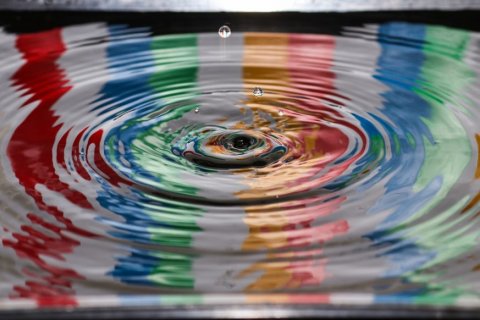Strategic Agenda Societal Impact adopted

In December 2019, the Faculty of Law, Economics and Governance has adopted a Strategic Agenda Societal Impact. It did so under the Dutch title Wetenschap die (door)werkt, the English translation was dubbed Science that works in Society.
With this agenda, the faculty wants to make explicit what societal impact is and how it can be generated. And also: why this is important, and how it takes place. Societal impact is always linked to academic education and research, relating them to societal issues, practices and partners. Our education and research continue to add value to society. This is not only theoretically important and enriching, but also is essential in practice: our emphasis on societal themes and our links to societal partners makes science more open, relevant, and legitimate.
We are by nature a faculty that is strongly focused on what happens in society. Our disciplines are intertwined with societal issues, such as sustainability, health, safety and justice. With our impact strategy we want to make societal impact actions of our researches and support staff visible and encourage impact work.
Four ways
The Faculty of Law, Economics and Governance has a long history of generating impact and wants to continue to perform frontrunner role. This is and can done in the following four ways:
Societal learning, in which education is linked to urgent societal issues, through career orientation, alumni relations, practical and theoretical lectures on current affairs, community service learning, lifelong learning;
Societal advice, in which knowledge is actively linked to societal practices, through expert roles, committees, consultancy, commissioned research;
Societal interaction, with an emphasis on public engagement and outreach, through public lectures, debate, media, impact cafes, impact nights and dean's dinners;
Societal co-production, through long-term agreements with partners, research consortia, field experiments, and living labs.
Science can no longer escape solid connections with society. It empowers knowledge and strengthens infrastructures and ecosystems. Education becomes more relevant, the university becomes more visible and present in the world, and the relationships with our partners become more viable. We meet many LEG researchers and support staff who want to create impact in society. We need to acknowledge and appreciate their work.
Get in touch
Are you interested, do you have ideas, do you see opportunities and possibilities? Let us know. Please contact Rebecca van Musscher, program manager Societal Impact of the LEG faculty (r.vanmusscher@uu.nl) and/or Mirko Noordegraaf, vice dean Societal Impact of the LEG faculty (m.noordegraaf@uu.nl).

